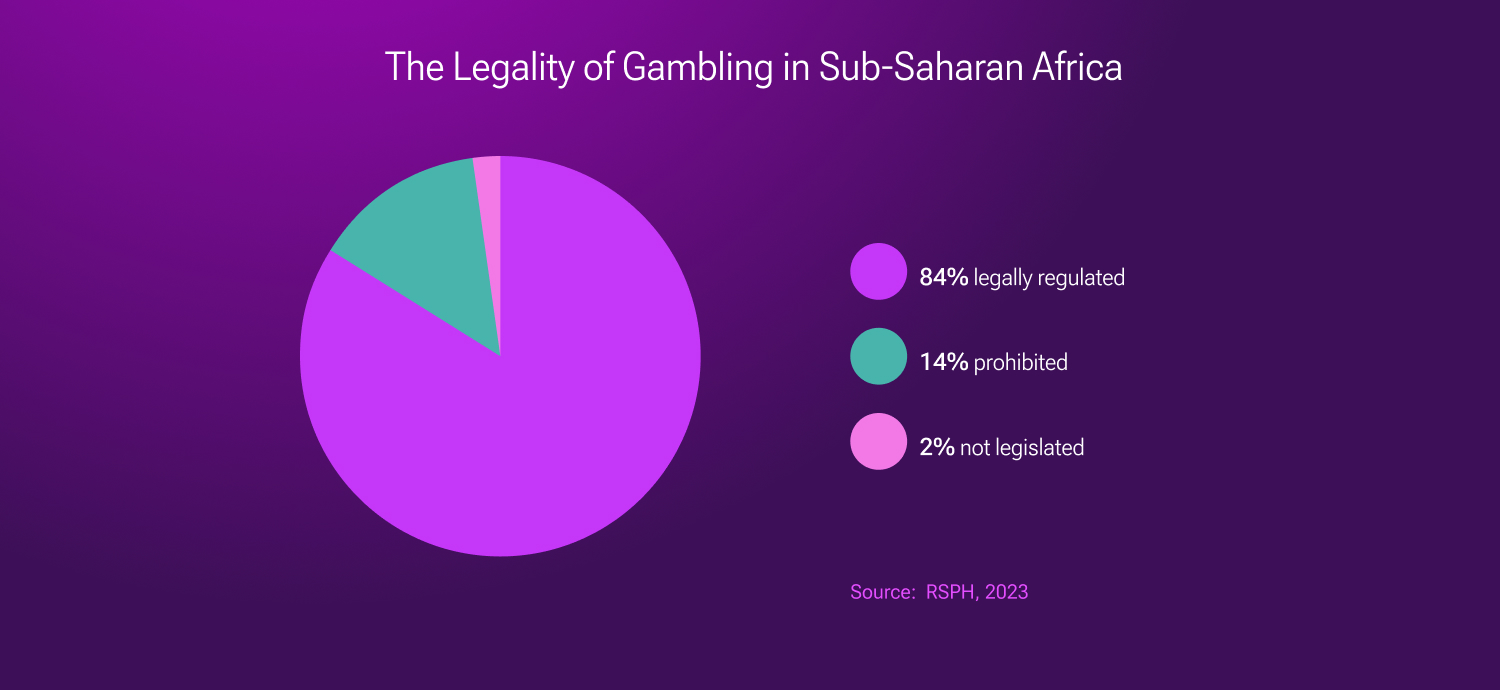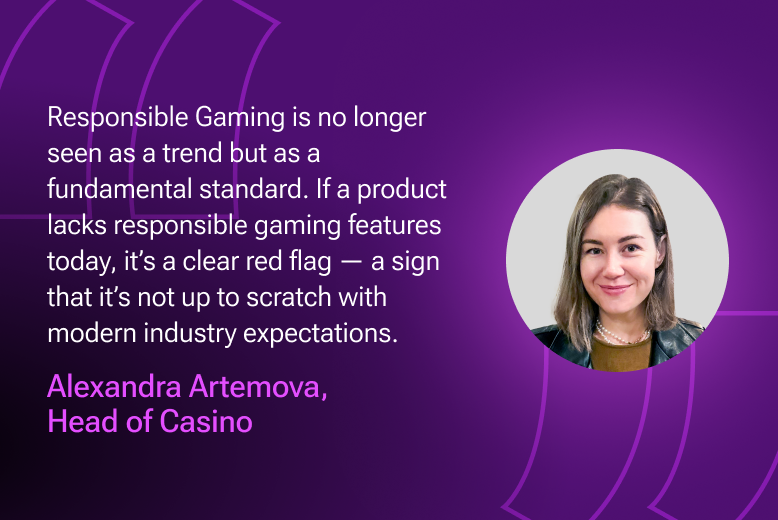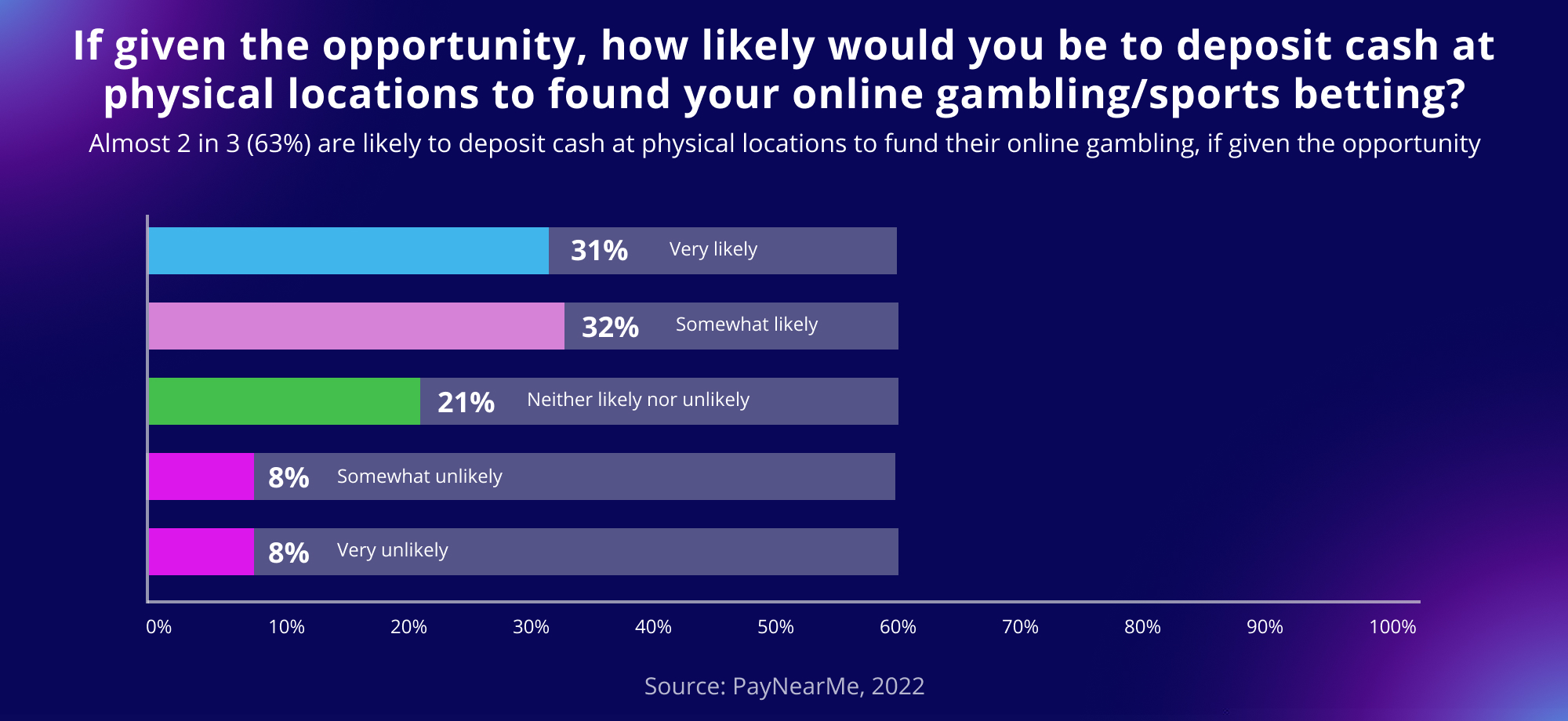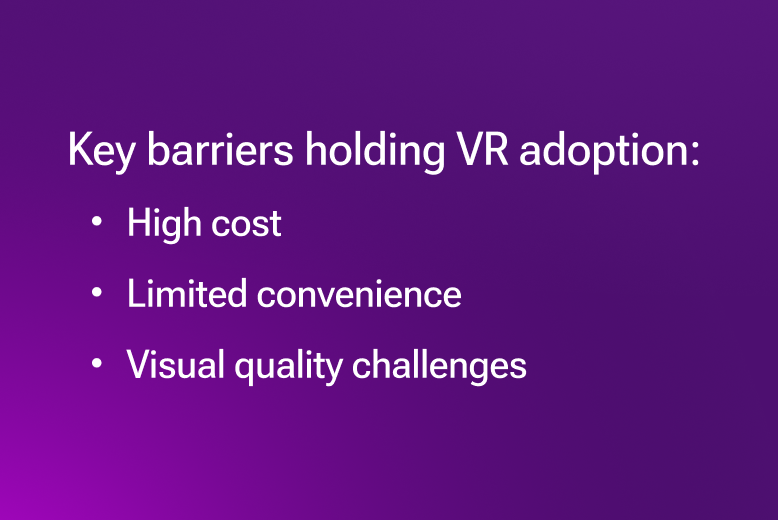When it comes to online casino trends, it often feels like we’re hearing the same talking points year after year. Trends are meant to signal movement and change, yet to a casual observer, it might seem like the industry is stuck in a loop. Is it time to move the conversation forward? Or is that just how it seems from the outside?
We decided to do a little “time-travelling” — digging through the predictions that dominated discussions in the mid-2010s and seeing how they stack up against what the industry is buzzing about in 2025.

Slots Trends
Back in 2015, the global online casino market was on the rise — and slots were leading the charge. This growth stood out even more against the backdrop of a slowdown in the casino table games segment. Meanwhile, poker revenues were declining in many countries, largely due to the imbalance between professional players and casuals. Major operators were even speaking openly about the need to “heal” the ecosystem.
By 2019, slots were firmly established as the most popular type of casino game. High winning chances were often cited as the main reason for their mass appeal. Their booming popularity triggered intense competition among operators, who responded by offering even more generous bonuses and boosting jackpot prizes. Alongside this, there was a noticeable surge in premium-quality slot offerings.
Fast forward to 2025, and slots don’t dominate trend discussions quite as much. However, that doesn’t mean their importance has faded. Slots remain at the top alongside blackjack and roulette in terms of player popularity. A relatively new trend is the growing demand for multiplayer slot experiences, bringing a fresh social element into the gameplay.
By the way, poker is doing great as well now.
Mobile Gambling
In trend reports from 2015, many online casino operators were already noting a rise in revenue from mobile traffic. Experts at the time predicted that the share of mobile users in iGaming would only continue to grow — and they were absolutely right.
Alexandra Artemova, Head of Casino at EvenBet Gaming, comments:
The mobile gaming trend once pushed software developers to prioritise optimisation, speeding up data load times. It also completely reshaped UX approaches, making sure that using an app with taps on a smartphone screen — rather than mouse clicks — felt natural and seamless.
By 2025, talking about mobile gambling as a trend is almost enough to raise a wry smile. Mobile-first has long been the industry standard, and there’s no sign of that changing anytime soon.
Market Regulation and Responsible Gaming
Back in 2015, when the online gambling industry was booming, it didn’t take a crystal ball to predict that governments would soon move to tighten regulation — to protect their citizens, ensure fair competition, and, of course, boost tax revenues.
The first laws regulating online gambling appeared as early as the 1990s. Antigua and Barbuda are often cited as pioneers, having passed the Free Trade and Processing Act in 1994, which introduced a licensing regime for online casinos. Around the same time, several Canadian provinces also introduced their own regulations. By the 2000s, more structured regulatory frameworks were emerging in both the United States and the United Kingdom.
By the mid-2010s, Europe had already established a unified framework governing taxation and licensing through the EU Gambling Act of 2014. Clear and transparent rules helped the industry to grow and ensured greater player protection. However, most gambling businesses still focused almost exclusively on jurisdictions within this regulatory comfort zone. Meanwhile, discussions on industry websites in 2015 highlighted arrests of illegal online casino operators in China and South Korea, along with cautious optimism about possible regulatory improvements in Brazil, Mexico, and South Africa.

Significant changes began to unfold in Latin America during the second half of the 2010s. In 2016, Colombia passed its Egaming Act, becoming the first country in the region with a regulated iGaming market. Later, the economic challenges of the COVID-19 pandemic prompted regulatory reforms in Argentina, while Brazil also made major strides towards legalisation.
At the same time, progress was being made in Asia. In 2016, the Philippines introduced legislation to regulate online gambling and established the Philippine Offshore Gaming Operators (POGOs) framework. This allowed companies based in the Philippines to offer gambling services abroad. However, over time, the results of the POGOs system have proven controversial, and by 2024, offshore operations were banned, with local regulations tightened significantly. Despite this, the Philippines remains one of the most attractive jurisdictions for legal gambling operators in Asia.
Today, just like a decade ago, regulation in online gambling remains a moving target — often unfolding with dramatic twists. Yet, the discussion has expanded well beyond the traditional markets. Although there’s still a long way to go before regulated iGaming truly covers the whole globe, the trend of evolving regulation continues to be one of the most relevant and closely watched topics in the industry.
Alexandra Artemova, Head of Casino at EvenBet Gaming:
In 2025, the regulatory trend is still very much alive and kicking. More and more countries are introducing laws to govern the operation of online casinos.
The same cannot be said for Responsible Gaming. Alongside AML and anti-fraud measures, it’s no longer seen as a trend but as a fundamental standard. If a product lacks responsible gaming features today, it’s a clear red flag — a sign that it’s not up to scratch with modern industry expectations.

Live Casino
Online casinos where players can watch real dealers working in real time began gaining traction back in the mid-2010s. The most popular games offered in this format were — and still are — roulette, blackjack, and baccarat.
Live casinos offer two key advantages over traditional gambling websites:
- Greater trust from players
- A more immersive experience.
As technology has advanced, these strengths have only grown stronger. Live dealer casinos continue to be a hot topic in the industry, with their popularity still on the rise. Over the past few years, Live Dealer games have become one of the biggest hits across the rapidly growing Asian markets — a remarkable shift considering that, back in 2015, the region was barely on the radar for the online casino vertical.
The format now covers an ever-expanding range of games and is often referred to as the future of iGaming. Moreover, live casinos have become a bridge between online and land-based gambling, bringing the best of both worlds together.
Competition with Land-Based Casinos
Back in 2015, there was a lot of talk about fierce competition between online and offline gambling. Traditional betting shops were battling to keep up with online platforms, installing touchscreen kiosks in an attempt to match the convenience of digital services. To stay in the game, land-based establishments emphasised two key advantages:
- The ability to place bets with cash
- The social experience, something online chats couldn’t fully replicate.

Fast forward to 2025, and the landscape has shifted dramatically:
- The world lived through the Covid-19 pandemic, which turbocharged the development of online services and the adoption of technologies that made them even more convenient.
- Social habits evolved, with people becoming increasingly comfortable socialising online.
- As online gambling regulations matured, players’ trust in the industry grew steadily.
- Cash has rapidly fallen out of favour, fuelling a boom in fintech solutions.
Today, the narrative around online casino trends is no longer about competing with land-based casinos — it’s about collaboration. More and more examples are emerging of casinos offering an omnichannel, cross-platform experience that blends the best of both worlds.
Virtual Reality in Online Casinos
In 2017, the first VR-powered casino launched, and the industry was buzzing with excitement, believing we were standing at the gateway to a new era.
Virtual reality promised to deliver the most immersive player experience imaginable. The boldest experts even predicted that brick-and-mortar casinos would soon become obsolete, as players could enjoy the same thrill without ever leaving home. These conversations picked up even more momentum during the 2020 pandemic. One day, these prophecies may well come true — but it’s happening more slowly than many imagined.
The VR gambling sector is growing, no doubt about it. In 2021, Technavio forecasted a market growth of $1.74 billion by 2025. However, according to Business Research Insights, the global VR gambling market size in 2024 was still just $0.9 billion.
Alexandra Artemova, Head of Casino at EvenBet Gaming:
The slow growth isn’t unique to gambling — it’s a pattern across the entire VR gaming sector. The segment is expanding steadily, and the technology is evolving, but not at the lightning speed many had hoped for.
The biggest hurdle remains accessibility. Only when virtual reality headsets become as common in homes as smartphones will we truly step into a new age of fully immersive online casinos. Until then, VR casinos will remain very much a niche experience — which is why major online casino operators are in no rush to heavily invest in this space.
Key barriers holding VR adoption back include:
- High cost: VR equipment is still a luxury purchase. Even among those who can afford it, many don’t see enough value to justify the investment, or simply prioritise other spending.
- Limited convenience: VR requires dedicated space at home. Headsets are often bulky and heavy, making extended play physically uncomfortable for many users. Motion sickness and dizziness are also common complaints.
- Visual quality challenges: While mainstream gaming has reached near-cinematic levels of graphic excellence, VR versions often lag behind. Virtual casinos, in particular, tend to fall short of the high visual standards modern players expect.
That said, these issues are gradually being addressed. Today’s VR hardware is noticeably more affordable and user-friendly compared to the early models. That’s why VR casinos remain one of the most exciting trends in online gambling — and the industry is watching developments very closely. Plus, the trend is taking intriguing new directions, such as the emergence of Live Dealer VR Casinos.

Gamification in Online Casinos
In the mid-2010s, the industry was buzzing about the growing trend of gamification in online casinos. Games were increasingly seen not just as gambling products, but as entertainment experiences. They needed to engage players not only through the thrill of potential winnings but also through enjoyable gameplay mechanics.
It all began with a push to make games more visually spectacular. Online casinos started adopting brighter, more festive designs. Wins were celebrated with flashy animations and short video clips, making those moments more memorable and emotionally rewarding.
Gradually, more interactive elements were introduced, giving players greater control and more opportunities to apply tactics and skill. This is one of the reasons crash games have become some of the fastest-growing genres in recent years. In crash games, the prize value keeps climbing until — at an unpredictable moment — the game crashes and the bet is lost. The player must decide when to cash out, balancing the temptation for higher rewards against the risk of losing it all.
Alexandra Artemova, Head of Casino at EvenBet Gaming:
Gamification was once a hot trend — now, it’s a standard part of the industry. Today, it’s more relevant to talk about gamification not just at the game level, but across the entire online casino experience. Players are less interested in simply spinning slots; casinos are stepping up their game by introducing missions, quests, leaderboards, and player tournaments, where prizes are awarded for achievements like the highest bet, the most bets placed, or the biggest win.
Content Variety in Online Gambling
When online gambling was a young industry, the issue of variety wasn’t so pronounced. However, by the mid-2010s, it became increasingly clear that audiences were becoming tired of repetitive offerings. For operators, the key challenge was to keep players engaged and prevent boredom. This was tackled, in part, by developing theme-based games and increasing the overall number of available games. Over time, operators also began diversifying their offerings by introducing a wider variety of game types.
Today, casino games, betting, and poker are often found within a single gaming platform, creating a unified gaming environment. Operators are increasingly focused on encouraging players from one vertical to explore others, enhancing cross-vertical engagement.
Alexandra Artemova, Head of Casino at EvenBet Gaming:
I’m aware of at least one online casino that offers only one game. But that’s a rare exception. Generally, online casinos now offer thousands of games. Offering over two thousand games is now the standard. As a result, there’s a growing trend towards aggregator services acting as content providers.
Aggregators work with a range of providers, enabling operators to cover their content variety needs through a single partnership. Additionally, working with aggregators significantly shortens project launch times. Many aggregators also implement gamification concepts like missions, tournaments, and bonus mechanics, which help operators retain and engage players while relieving them from the need to develop these features on their own.
Cryptocurrency in Online Casinos
In the second half of the 2010s, there was a boom in payment systems within online casinos. Operators recognised that simplifying the deposit process was essential for player convenience, which led to a rapid increase in the number of available payment options. The market responded by expanding payment solutions, including those capable of processing cryptocurrency transactions.
Bitcoin, which emerged in 2009, was initially viewed as a “geek’s toy”. However, by the mid-2010s, it had gained serious recognition, and by 2016, fully licensed online casinos began offering players the ability to play using their Bitcoin wallets.
Today, it’s almost strange to talk about cryptocurrencies as a trend. There are now countless cryptocurrencies and an even larger number of payment solutions supporting them. Some casinos operate exclusively with cryptocurrency and do not use fiat currency at all.
Although nothing revolutionary has emerged in this area yet, there are some interesting developments. For example, the integration of TON, a cryptocurrency linked to the popular messaging app Telegram, has made it easier for players to log in and carry out transactions.
Artificial Intelligence and Machine Learning
It may seem that the hype surrounding AI only emerged a couple of years ago with the introduction of ChatGPT, which amazed the general public with its text generation capabilities. However, in the iGaming industry, the discussion around artificial intelligence has been ongoing since at least the late 2010s.
AI-powered chatbots were already being used to assist as first-line customer support agents: helping resolve minor technical issues, providing guidance, and assisting with navigating online casino interfaces. By 2019, the industry was discussing cases where AI studied player preferences and created personalised game recommendations.
At the same time, there was talk about using AI technology to implement responsible gaming principles. Services began to appear claiming that their AI could detect problematic gaming behaviour and prevent the development of gambling addiction by suggesting self-limitation measures.
Around this period, the issue of fraud also began to gain attention in the industry. While fraud had always been present, experts noted a significant rise in its sophistication by 2018. Today, alongside chatbots and personalised offerings, AI and machine learning are also closely linked to combating fraudulent activity, as these technologies can identify anomalies that might be invisible to humans.
| 2015 | 2025 | |
| Mobile gambling | Trending | Industry standard |
| Live casino | Trending | Trending & developing |
| Online vs. land-based | Competition | Collaboration |
| Regulation | Hot topic | Still hot |
| Gamification | Within games | Across casinos |
| Virtual Reality Casinos | Appeared | Niche, but gradually developing |
| Cryptocurrency | Adoption | Developing variety and convenience |
| AI & ML | Ongoing research and development, no discussion in iGaming | Adoption, expansion of scope of application |
New Online Casino Trends
As we look ahead to 2025, it’s clear that the online casino landscape has evolved with new trends that weren’t as prominent in the 2010s. Let’s explore a couple of these emerging topics:
Privacy
Online casinos are increasingly focused on balancing data collection for personalisation with customer privacy. With rising data privacy regulations, casinos must carefully manage the use of first-party data, while still delivering tailored marketing offers.
By combining first-party data (which casinos collect directly) with zero-party data (voluntarily shared preferences from customers), casinos can enhance loyalty programs and offer more personalised rewards. This strategy allows casinos to stay compliant with privacy laws while boosting engagement and loyalty.
By mastering the fundamentals of current technology before diving into new tools, casinos can achieve better results and ensure a solid ROI in personalisation — without over-investing in new technologies.
Brand Loyalty
The evolution of loyalty programmes, often referred to as Loyalty 2.0, has been a hot topic in marketing across various industries, and online casinos are no exception.
The concept focuses on moving beyond traditional bonus-based loyalty schemes to create memorable experiences that customers will talk about. This generates word-of-mouth promotion, helping to build a more engaged and loyal customer base.
Instead of just offering bonuses, today’s loyalty programmes aim to build strong emotional connections with players, encouraging them to share their positive experiences and bring in new players.
Conclusion
When we closely track industry trends, it might feel like the same topics are being discussed over and over again. Indeed, trends like VR, Live Dealer Casinos, cryptocurrency, and AI were hot topics a decade ago, and they continue to dominate the conversation today. However, if we look at these discussions over time, we can see that the focus shifts each year, reflecting the rapid pace at which the industry evolves. For example, what was once the exciting novelty of Bitcoin has now become a more commonplace trend, with the industry shifting towards user-friendly solutions for cryptocurrency transactions.
At EvenBet Gaming, our team has been studying iGaming trends for three years. At key industry events, we gather insights through surveys and analyse which topics spark the most interest, as well as the challenges faced by operators, providers, aggregators, and others. You can download the findings from our iGaming trends report for free.





 Upd: 14 October 2025
Upd: 14 October 2025 






















